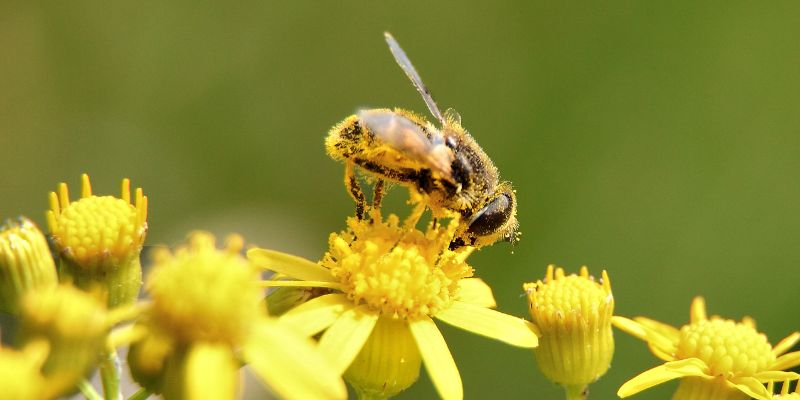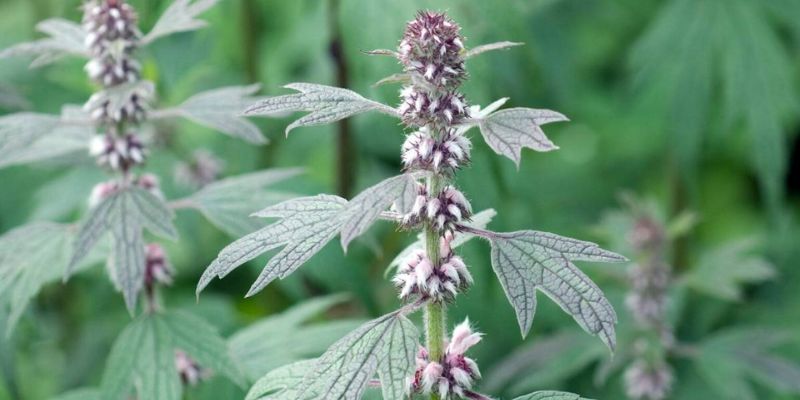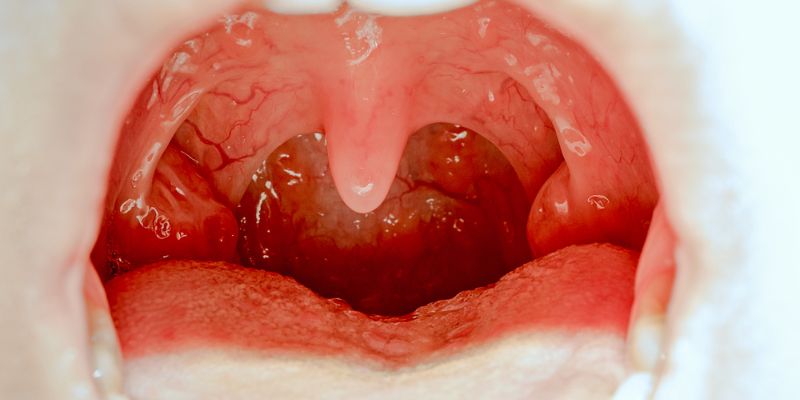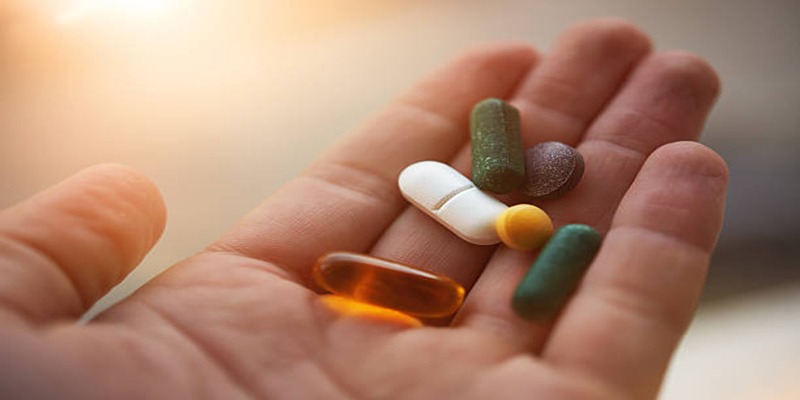Are you curious about bee pollen health benefits but don’t know exactly what it is? Have you heard of this superfood hype and want to learn more before purchasing any product? Let's break down what bee pollen is or what it does. Bee pollen has become increasingly popular for its numerous natural properties and nutrients.
Rich in proteins, lipids, carbohydrates(such as vitamins and minerals), enzymes for digestion, carotenoids for immunity-building antioxidants, and fatty acids for essential oils, these are some key components that make the golden yellow granules inside a honeycomb so unique.
It can be used to help fight allergies or even packed with a balanced diet when aiming to lose weight. Learn why everyone from endurance athletes to beauty bloggers has turned their attention towards this "bee-autiful" addition enriching everything from protein shakes to power bars.
Bee Pollen
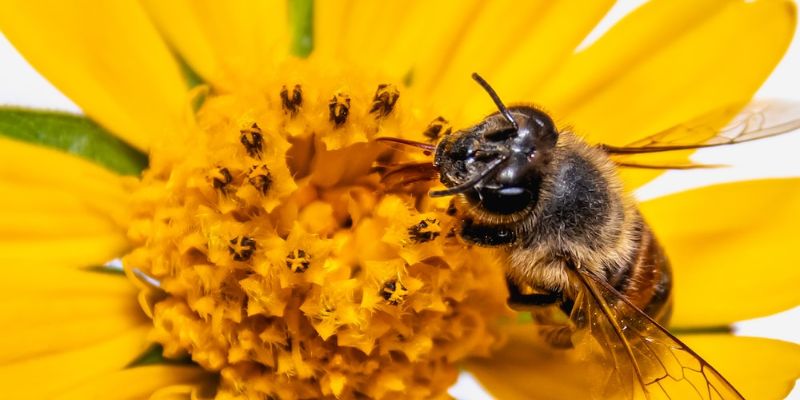
Bee pollen is a granular substance produced by honey bees and contains essential proteins, vitamins, minerals, amino acids, fatty acids, and enzymes. It is collected from the anthers of flowers by worker bees and stored within their pollen baskets to be taken back to the hive.
Bee pollen has been used for centuries as a natural remedy for various ailments and has recently become popular due to its health benefits. It's known for having high levels of antioxidants, which can help protect cells from damage by free radicals and being packed with lots of essential nutrients like B vitamins which are important for energy production.
As it's considered a superfood, bee pollen may also aid in weight loss when consumed with a balanced diet or help improve digestion and reduce inflammation. Furthermore, it's believed to positively affect allergies by helping the body build immunity against certain allergens, such as pollen or dust mites.
Benefits of Bee Pollen
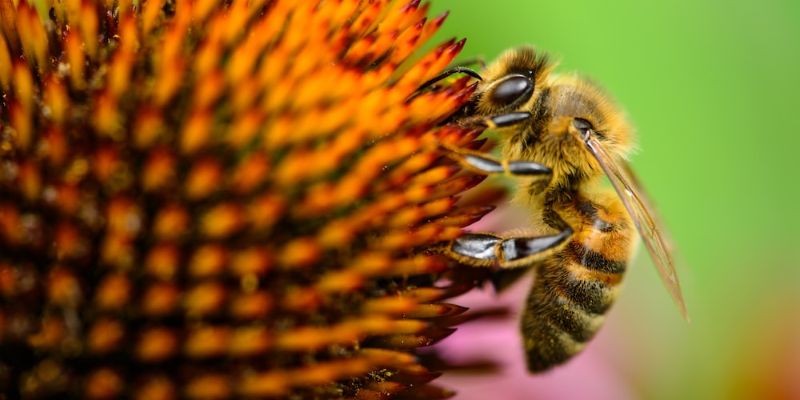
Boosts Energy
Bee pollen is packed with B vitamins which can help increase energy levels and provide the body with essential nutrients for daily performance.
Improves Digestion
The enzymes in bee pollen can help improve digestion by aiding in the breakdown of proteins, carbohydrates, and fats.
Immune Booster
Bee pollen contains carotenoids like lutein and zeaxanthin, which helps build immunity against certain allergens such as dust mites or pollens and can even protect cells from free radical damage that may cause diseases like cancer or heart disease.
Reduces Inflammation
Bee pollen also contains anti-inflammatory compounds such as phenolic acids, which are known to reduce inflammation in the body.
Aids in Weight Loss
Bee pollen is low in calories and protein, which can help with weight loss goals when consumed as part of a balanced diet.
Lowers Cholesterol
The fatty acids in bee pollen are known to lower cholesterol levels and improve cardiovascular health.
Improves Skin Health
Bee pollen contains antioxidants that help protect the skin from damage caused by free radicals while nourishing healthy cell regeneration.
Increases Fertility
Research has shown that bee pollen may positively affect male infertility due to its high concentration of zinc, vitamins A, B, C, and E. Additionally, it’s believed to increase fertility among women who are going through menopause due to its natural hormone-like effects.
Bee pollen is a nutrient-rich superfood that can provide various health benefits. From boosting energy and immunity to aiding in weight loss and improving fertility, bee pollen has become popular.
Side Effect of Bee Pollen
Despite its numerous health benefits, bee pollen has some side effects that should be noted.
Allergic Reactions
People with known allergies or sensitivities to bees may experience an allergic reaction when consuming bee pollen.
Digestive Issues
Bee pollen can cause digestive issues such as bloating, gas, and diarrhea in some individuals.
Interactions With Medication
Bee pollen has the potential to interact with certain medications, including blood thinners and anti-depressants, so it’s important to speak with a doctor before taking this supplement if you’re on any medication.
Weight Gain
Consuming too much bee pollen can lead to weight gain, so it should be consumed in moderation.
Blood Pressure Fluctuations
Bee pollen can affect blood pressure levels, so people with high or low blood pressure should consult their doctor before taking this supplement.
Kidney Problems
Consuming large amounts of bee pollen can accumulate toxins in the kidneys, leading to kidney problems.
Liver Damage
High doses of bee pollen have been shown to cause liver damage in some cases. Therefore, it’s important to speak with a healthcare professional before taking any supplements that contain bee pollen.
Pregnancy Complications
Pregnant women are not recommended to take bee pollen due to its potential side effects.
Uses of Bee Pollen
Bee pollen has various uses, ranging from health supplements to beauty products. Here are some of the most popular uses for bee pollen:
Supplements
Bee pollen is often consumed as a supplement due to its numerous health benefits. It’s believed to boost energy levels, improve digestion, reduce inflammation, and even aid in weight loss when part of a balanced diet.
Food Additive
Since bee pollen contains essential nutrients such as proteins, vitamins, minerals, and enzymes – it’s an additive in many processed foods such as protein shakes or power bars.
Beauty Products
Thanks to its antioxidant properties and natural healing compounds – many skin care brands have started using bee pollen in their products. It’s believed to help improve skin health and protect against free radical damage.
Natural Remedy
Bee pollen has been used for centuries as a natural remedy for various ailments – such as allergies, colds, coughs, and other respiratory problems.
Animal Feed
Due to its nutrient-rich properties and abundance of essential compounds – bee pollen can also be used in animal feed for cows, horses, chickens, etc., as it helps promote growth and encourage healthy digestion.
Fertilizer
Bee pollen can also be used as a natural fertilizer for plants, as it’s packed with essential nutrients and minerals that help promote growth.
Food Ingredient
Due to its unique taste and nutrient content – bee pollen is often added to salads, smoothies, or other dishes as a food ingredient.
Bee pollen is an amazing superfood that can provide numerous health benefits when consumed as part of a balanced diet or used in beauty products.
However, some potential side effects are associated with its consumption, so it should always be taken cautiously. It should not be used by pregnant women or those with pre-existing medical conditions. Bee pollen is a wonderful and natural way to improve your health and well-being.
FAQS
How is bee pollen made?
Bee pollen is made when bees collect nectar and pollen from flowering plants. The bee collects the pollen on its hind legs and carries it back to the beehive, where it is stored until ready for use.
How do we collect bee pollen?
Bee pollen is usually collected from beehives by a process called beekeeping. Beekeepers use special tools to gently remove the pollen from the hives and place it into containers for later use.
How much protein is in bee pollen?
Bee pollen is a rich source of protein, containing around 20% protein by weight. It also contains essential vitamins and minerals such as vitamin C, B vitamins, calcium, magnesium, iron, and zinc.
Conclusion
Bee Pollen is an amazing food source that can benefit our health, body, and mind. Not only is it full of nutrients our body needs, but it also has properties proven to enhance our overall well-being. From boosting energy levels to protecting against colds and flu, bee pollen provides many benefits. What’s more, the combination of vitamins and minerals in bee pollen can aid in keeping us healthy. While there is much to learn about the incredible effects of bee pollen, it’s important to ensure you buy quality products from reputable sources.
